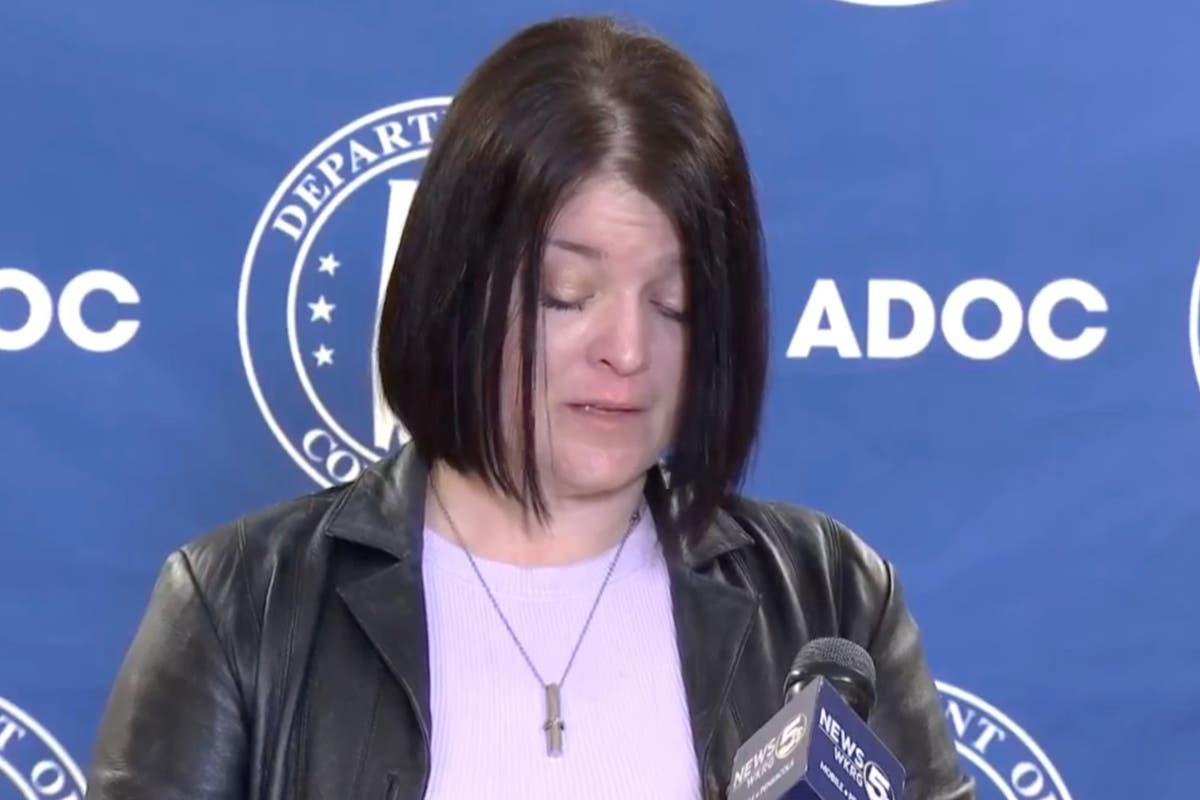Alabama Executes Convicted Killer Carey Dale Grayson for 1994 Murder: Victim’s Daughter Condemns ‘Eye for an Eye’ Justice and Calls for Systemic Reform
In a controversial execution, Alabama used nitrogen hypoxia to execute Carey Dale Grayson, 50, on Thursday for the 1994 murder of Vickie Deblieux. The execution reignited debates over capital punishment, with Deblieux’s daughter, Jodi Haley, speaking out against the state’s actions.
“Society failed this man as a child, and my family suffered because of it,” Haley said at a news conference. She described Grayson as a victim of severe physical and mental abuse, including cigarette burns inflicted by adults during his childhood. “Revenge, an eye for an eye—it’s not justice,” she stated.
Haley also shared the lasting pain of losing her mother. “I’ve lived my life without her—no mother at graduations, weddings, or moments of joy. All those opportunities were stolen,” she said. Despite her suffering, she condemned Grayson’s execution, saying no one has the right to take a life, even in the name of justice.
Deblieux, 37, was hitchhiking to Louisiana when she was picked up by Grayson and three other teenagers on February 21, 1994. The teens, under the influence of drugs and alcohol, lured her into a wooded area in Alabama. There, they attacked her, throwing bottles and beating her as she tried to escape.
After brutally assaulting her, one of the teens stood on her throat, causing her to choke on her own blood. The group then drove her body to Bald Rock Mountain, where they desecrated her remains, throwing her off a cliff. Days later, rock climbers discovered her body, which bore 180 stab wounds and multiple fractures.
Grayson and the other perpetrators were quickly apprehended. Grayson was convicted of capital murder in 1996, with the jury unanimously recommending the death penalty. In recent years, Grayson requested nitrogen hypoxia as his execution method, a process Alabama has used only twice before.
Before his execution, Grayson made an obscene remark to officials, raising his middle fingers. His microphone was cut off during the procedure, with corrections officials stating they would not allow further profanity. The curtain to the execution chamber opened at 6:06 p.m., and Grayson was pronounced dead at 6:33 p.m.
Grayson had declined meals earlier in the day but requested tacos, burritos, tostadas, chips, guacamole, and Mountain Dew Blast for his final meal.
Haley expressed frustration at the justice system’s failure to address the root causes of Grayson’s actions. “How does such abuse go unnoticed?” she questioned, emphasizing the need for systemic change. Despite her grief, she urged society to reconsider its approach to justice, saying that execution is not the solution to crime or suffering.
The execution marks another chapter in Alabama’s contentious history with the death penalty. As debates continue, Haley’s call for compassion and systemic reform underscores the complexity of seeking justice for heinous crimes.

